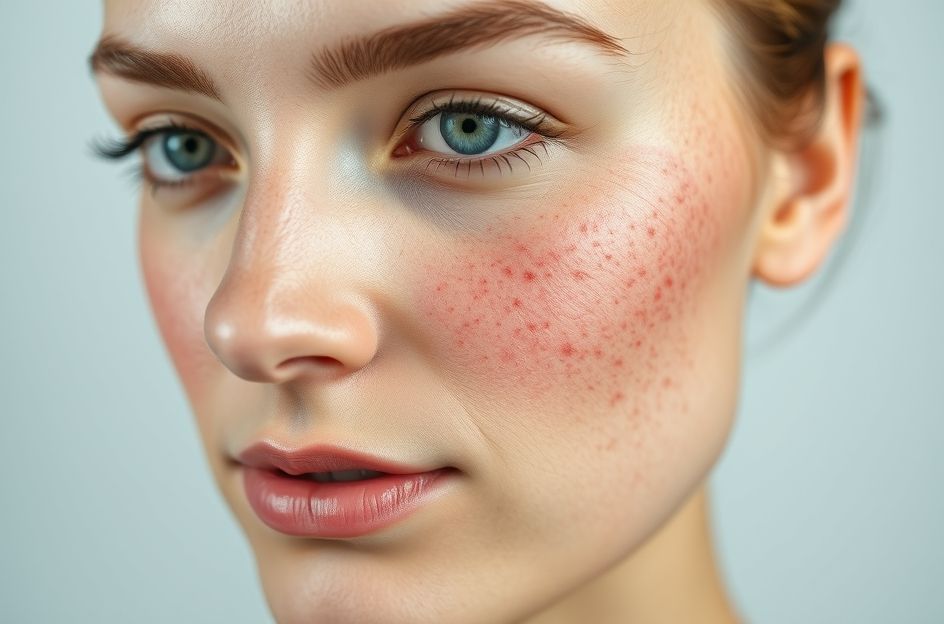Cystic acne is a severe form of acne that can cause painful breakouts and deep scarring. Dermatologists often consider it the most challenging type to treat because topical medications usually don’t reach the source of the problem. Due to the depth of the infection beneath the skin, healing is a slow process.
Treatment for cystic acne typically involves oral medications, making it essential to consult a dermatologist for proper care. Isotretinoin, a potent, man-made form of retinoid (Vitamin A), is frequently prescribed. Taken orally, it addresses excess oil production, clogged pores, and inflammation. A course of treatment usually lasts up to 20 weeks and often requires only one cycle to achieve a cure. A significant side effect is the risk of birth defects, mandating strict precautions for women to avoid pregnancy during treatment. Regular check-ups are necessary to monitor for any adverse effects.
Common side effects of isotretinoin can include muscle aches, dryness of the lips and eyes, depression, and chest pain. As some side effects can lead to serious health issues, it’s crucial to contact a doctor if any are noticed.
Oral contraceptives are another treatment option for females, helping to suppress overactive sebaceous glands and are generally safe for long-term use. A doctor may also prescribe a synthetic steroid alongside oral contraceptives to further inhibit hormones that stimulate oil production.
If oral medications prove ineffective, drainage might be necessary. This procedure, considered a form of acne surgery, should only be performed by a trained professional in a sterile environment. Attempting to squeeze or pick at cysts can worsen the infection, prolong healing, and increase inflammation and swelling.
For severely inflamed cysts, a dermatologist might inject a diluted corticosteroid to reduce inflammation and accelerate healing. While typically painless and effective within a week, this method isn’t always the first choice as it only addresses current acne. This injection prevents rupturing and scarring.
Beyond prescribed medications, proper skin care is vital. Washing the face daily, especially after exercise, is important, but over-washing can lead to dryness. Avoid bursting cystic acne, as it will likely cause scars, and keep hands away from the face to minimize the risk of infection from dirt and germs.
